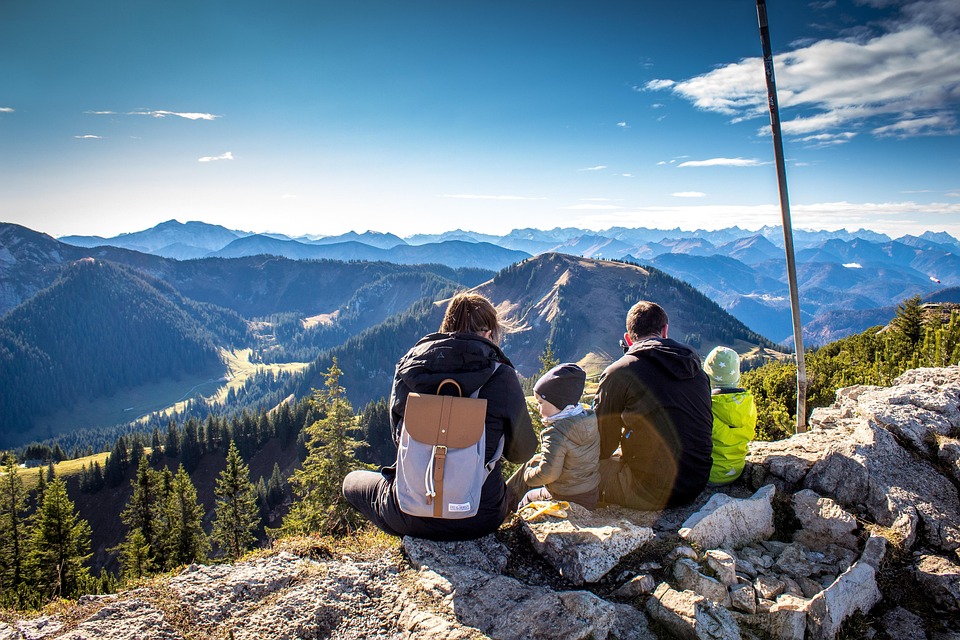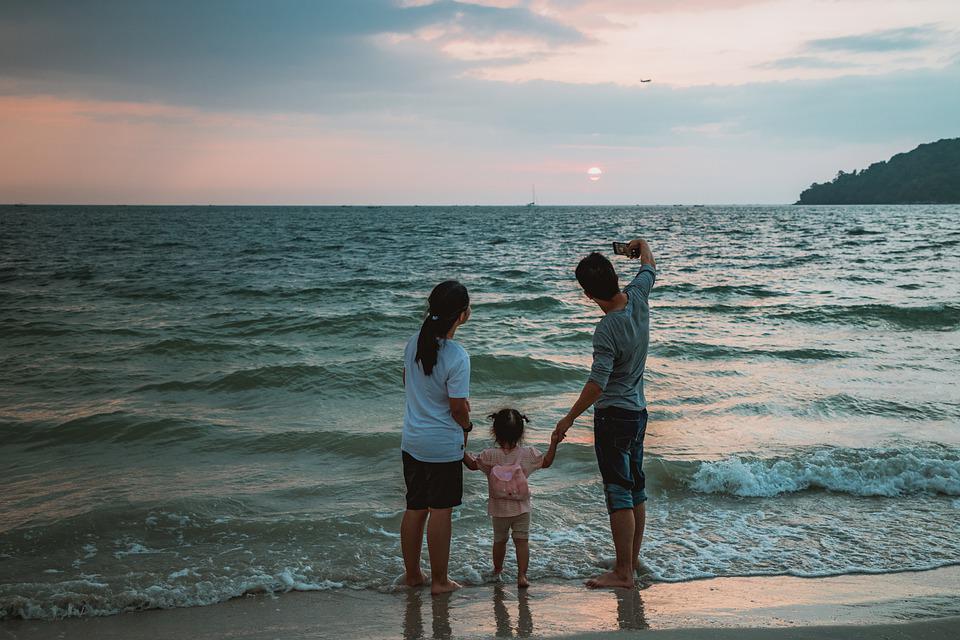Many people wish to move to New Zealand with family and children. In such instances, people ask different questions. How do I prepare a kindergarten placement for my child?
How do I select a school in New Zealand? How much does it cost to study in New Zealand for kids? On this article, we’ll try to answer all of those questions.
New Zealand is a perfect place for families and youngsters. It provides comfortable conditions, secure and fascinating life for the younger era.
Even in huge cities, there are always plenty of playgrounds and activities out there for children.
Provided that most people reside in stand-alone houses, there’s also the chance for children to frolic in their very own backyard.

Also read:
Immigration through study in New Zealand
Education and immigration to New Zealand for teachers
Family Visas
The Immigration policy of New Zealand permits students who come for professional study to also bring the family. With language courses, it is a bit more difficult and riskier, however there have been such cases.
The scholar’s partner has the right to acquire an open work visa under the partner category, whereas the student is studying for a year or extra on programs at level 9 and better (in any space).
A working visa of the partner offers the chance not only to find work but also for the child to attend a public school at no cost.
Kindergarten in New Zealand
Pre-school education in New Zealand begins at birth and continues until getting into primary school (5 or 6 years).
Pre-school education will not be compulsory, however, about 95% of kids go to kindergartens and other pre-school institutions.
From three to five years of age, a child can go to a kindergarten for as much as 20 hours a week at no cost, no matter the type of visa you have.
The state subsidises pre-school institutions, thereby helping younger families. In different cases, an hour of supervision of the kid in a kindergarten prices from NZ $ 7 to NZ $ 10.
In New Zealand, there are about 4,000 licensed preschools, which embrace kindergartens, educational centres, play centres and children’s playgroups.
In some preschool institutions, there are registered teachers, and in others, parents themselves take turns supervising the children.
Also, in some circumstances, there is a chance to ask teachers to the house, which will also be subsidised by the federal government.
Even if most of the pre-school institutions teach in English, there are various pre-school institutions that focus on immigrant children and people of different cultures.
For instance, you could find kindergartens with Nigerian teachers and kids, kindergartens for Maori, for individuals from Asia and the Pacific island countries.

Also read:
Training and immigration to New Zealand for designers
New Zealand Admission Requirements to Schools and Universities
Education System of New Zealand
Schools in New Zealand for children
Primary and secondary schooling in New Zealand is the second stage of the country’s educational system.
The school system of education consists of 13 years, kids study from 5 years of age and end at 18-19 years of age. Unlike pre-school education, schooling is compulsory from 6 to 16 years.
Colleges in New Zealand are more like fairy tale. Right here they not only teach common education, in addition to specific subjects within the upper grades but also help kids develop all around.
Music classes in well-equipped classes, theatre lessons, robotics, artwork and dance teams, an enormous selection of sports actions and clubs; surfing, skateboarding, typically even horse riding and far more.
And all that is accessible even in good public schools.
A really interesting feature of education in New Zealand is that a child can begin school on his 5th birthday.
It isn’t necessary to wait for the start of the next academic year, so many kids in New Zealand go to high school on their birthday.
Most New Zealand kids go to schools which are situated close to their place of residence. Many colleges give priority to enrolling youngsters who live nearby.
If you want your child to go to a school that’s situated in another area of the city, a spot in the school won’t be guaranteed, and you could be refused.
In New Zealand, there are two types of schools: private and non-private. State educational institutions adhere to the nationwide education program.
For residents and residents, public schools are freed from cost.

Read also:
How to Immigrate to New Zealand
6 Top reasons to study in New Zealand
Health Insurance for Refugees or Asylum Seekers Germany
In addition, a child can get the status of a local student (Domestic Student) if at the least one of his parents has citizenship, residency or perhaps a work visa.
If this doesn’t exist, then the kid is considered an international student and studies price from NZ $ 12,000 a year or extra.
Private schools develop their very own training programs and aren’t required to adhere to the national education program.
The cost in such schools begins from about NZ $ 25,000 a year or extra.
For foreign students, free English lessons are supplied in schools, so they’re often accepted to the school even with an elementary level of English.

